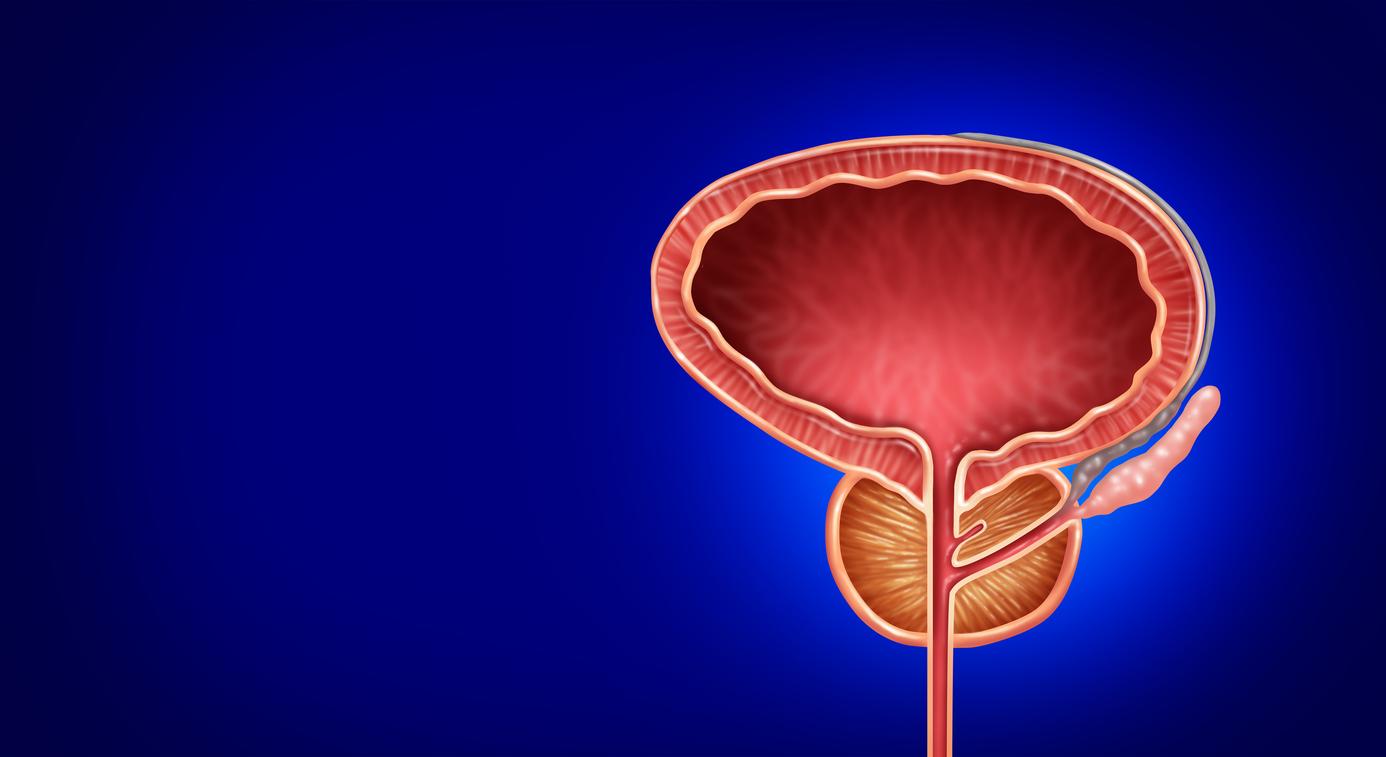According to a study by the Invs, more than one in two prostitutes believe that their state of health has deteriorated. Chronic diseases and lack of screening make this population fragile.

A degraded state of health, this is what emerges from the study carried out by the National Institute for Sanitary Surveillance (Invs) and the National Federation of Reception and Social Reintegration Associations (FNARS) with prostitutes. Carried out in 2010-2011, this survey ProSanté (1) was conducted
in several cities in France, in particular in 12 reception and support structures for this population. 251 people took part in this study, a small sample which, according to the authors, “makes it possible to define recommendations to improve care, prevention and access to care”.
88% of prostitutes and transgender people who participated in the study work on the streets. More than a third (39%) live in precarious accommodation, hotel or reception center.
In addition to this precariousness, there are medical problems. More than one in two people rate their health as fair or poor. AIDS, respiratory disease, diabetes or viral hepatitis, a third suffers from a chronic disease. Exposed to physical or psychological violence, these people are fragile, have sleep problems and abuse sleeping pills. Likewise, tobacco and alcohol are consumed excessively. “If the use of the male condom is almost systematic during anal / vaginal penetrations for a fee, it is less so during fellatio or sex outside prostitution,” says the report.
Whether it is hepatitis B vaccination or a smear, prostitutes have little recourse to prevention and screening. On the other hand, abortions very often replace contraception.
Faced with this observation, Invs and Fnars wish to “raise awareness among professionals and set up partnerships”. These recommendations, specifies the press release, “are aimed at both professionals (social workers, doctors, etc.) likely to be in contact with these people as well as the public authorities.
Last December, the Minister of Women’s Rights received the conclusions of the General Inspectorate of Social Affairs (Igas) on “the health issues of prostitution”. Najat Vallaud-Belkacem then committed to supporting local associations as part of a comprehensive plan on prostitution.
(1) With the support of the General Directorate of Health
.















